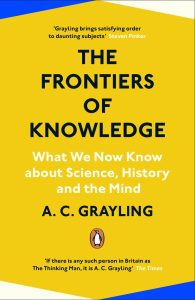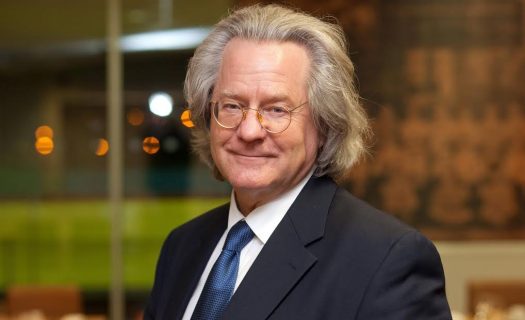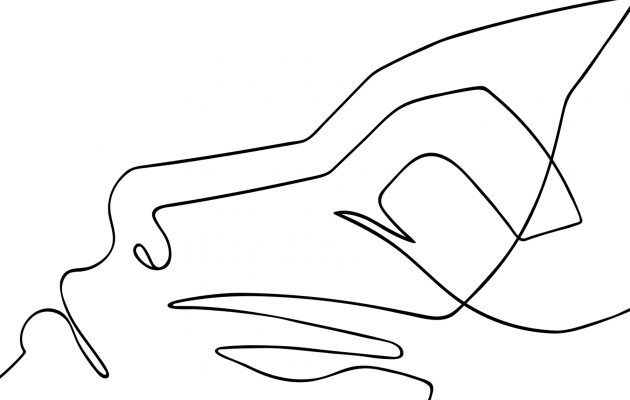The Frontiers of Knowledge
What do we know about the world, the past, and ourselves?
Join us and Professor Grayling as he introduces his new book, The Frontiers of Knowledge.


What do we know about the world, the past, and ourselves? Very recently, just in the course of the last century and a half, there have been spectacular advances in our enquiries into these matters. Using the most general labels for them we call them science, history and psychology respectively. What has been achieved in them, and where is our new knowledge leading us? These successes are the result of new technologies of enquiry which have vastly extended humanity’s reach backwards in time and across previously inaccessible scales of distance, from the remotest galaxies down to the intricacies of the human brain, and yet further down to the internal structure of matter. Each step in these advances has in its turn raised new questions, questions that beforehand were not possible to ask; and one of the chief results has been to expose a paradox: the paradox of knowledge, which is that the more we know, the greater becomes the extent of our ignorance. We used to think that enquiry diminishes ignorance: the opposite is true.
The aim of Frontiers of Knowledge is to demonstrate and explain this point, and to make two further, related, and important points: that our increased knowledge and correlative increased ignorance teach us much that is new about the challenges facing enquiry, and that we need to place redoubled emphasis in our education and culture on reconnecting the different branches of knowledge so that we do not lose an overall sense of ourselves and our world.
WHEN: Wednesday 7 September, 6.30pm
WHERE: Old Boys Lecture Theatre, Newington College
COST: Free
BOOKINGS: via Eventbrite


Professor A.C. Grayling
Professor A.C. GraylingCBE MA DPhil (Oxon) FRSA FRSL is the Founder and Principal of New College of the Humanities at Northeastern University, and its Professor of Philosophy. He is also a Supernumerary Fellow of St Anne’s College, Oxford. He is the author of over thirty books of philosophy, biography, history of ideas, and essays. He has been a regular contributor to The Times, Guardian, Financial Times, Independent on Sunday, Economist, New Statesman and New European, and was for a number of years a columnist on the Guardian, The Times and Prospect magazine. He is a frequent broadcaster and has contributed to BBC Radios 4, 3 and the World Service, and has appeared on BBC 2’s Newsnight and CNN News.

